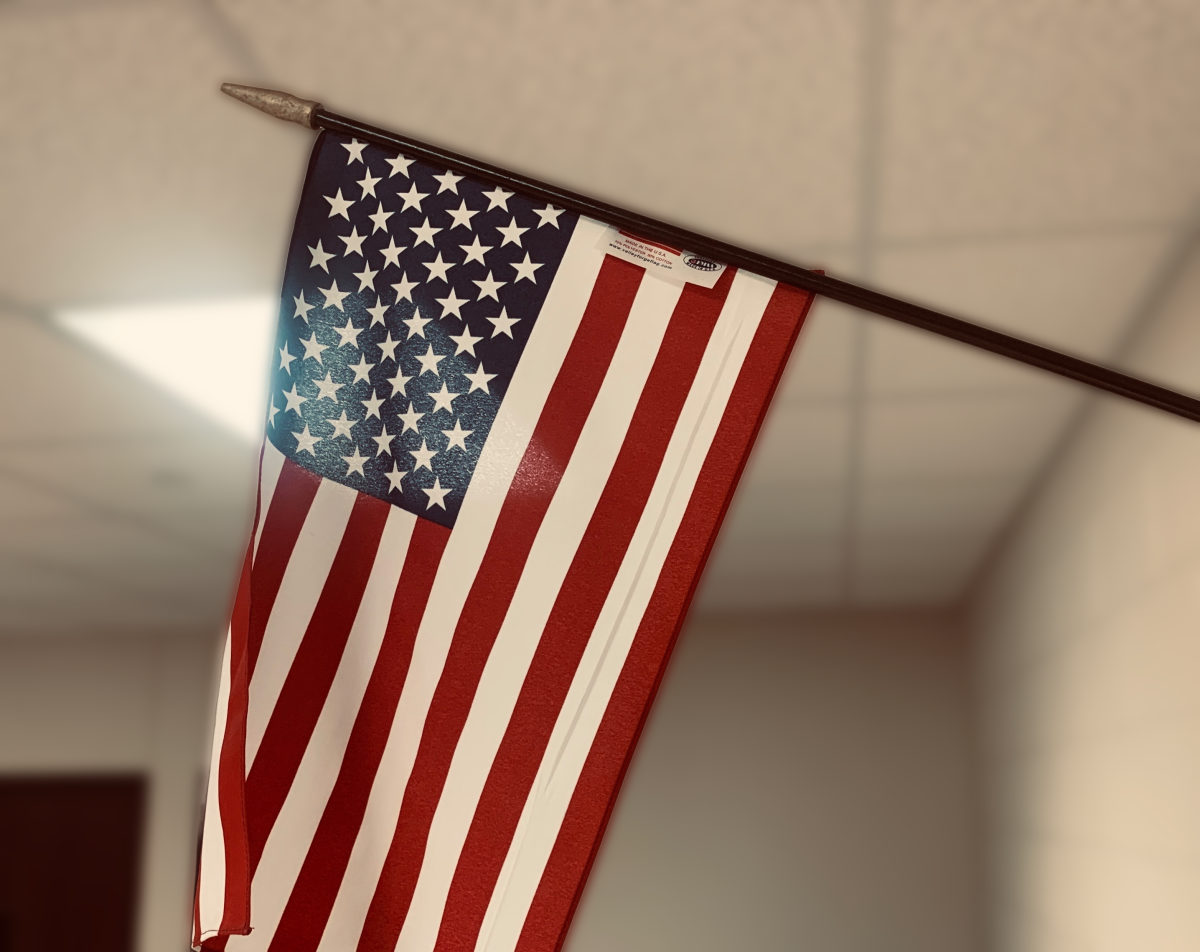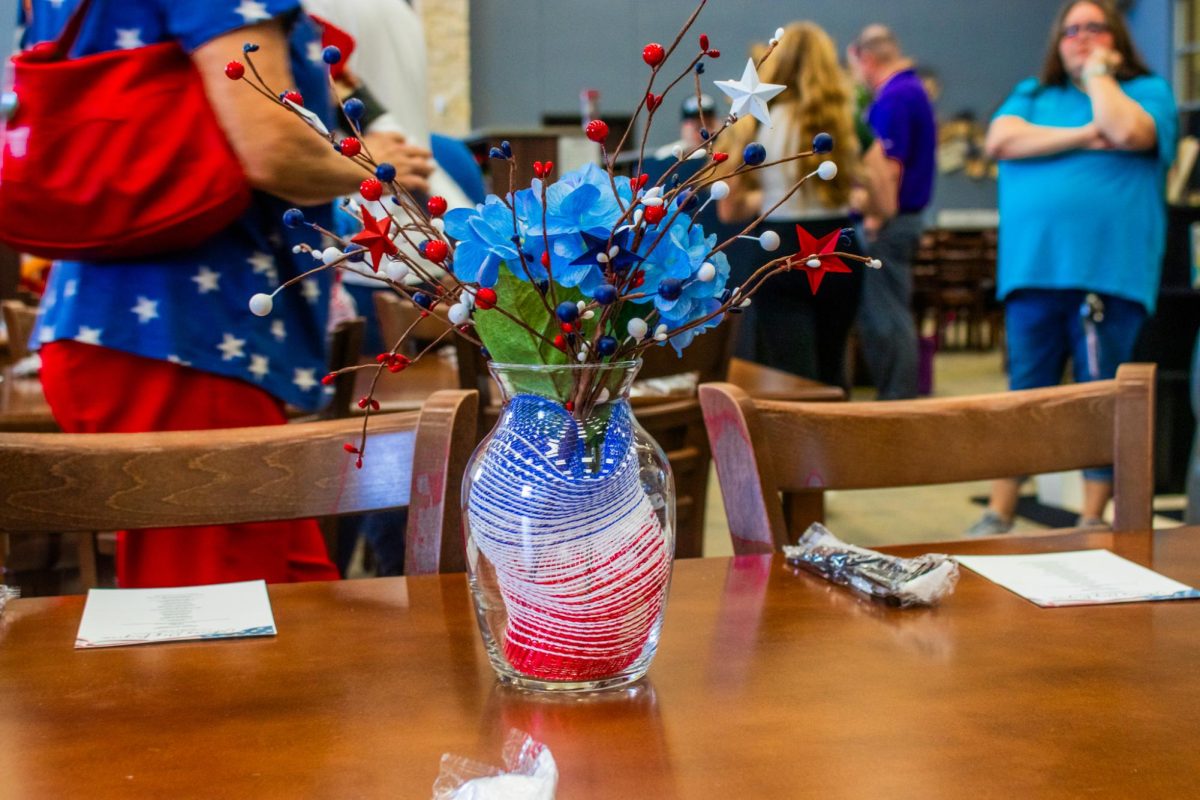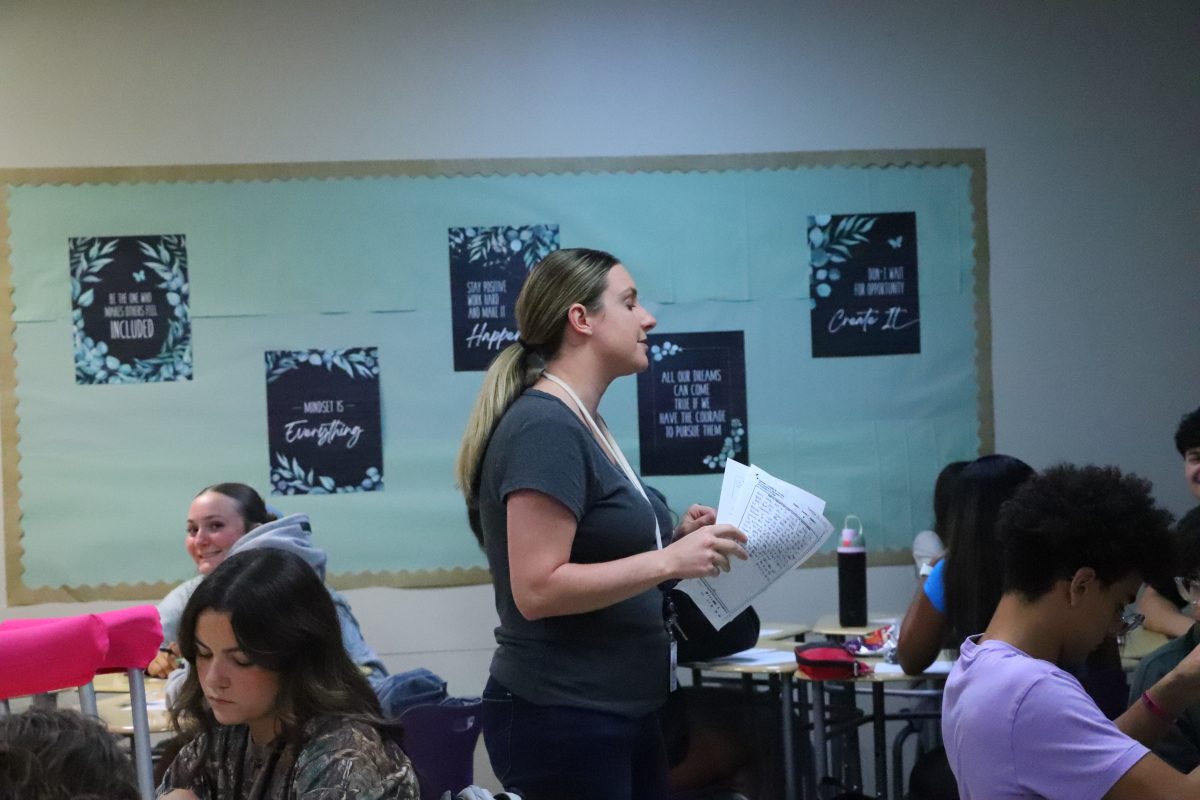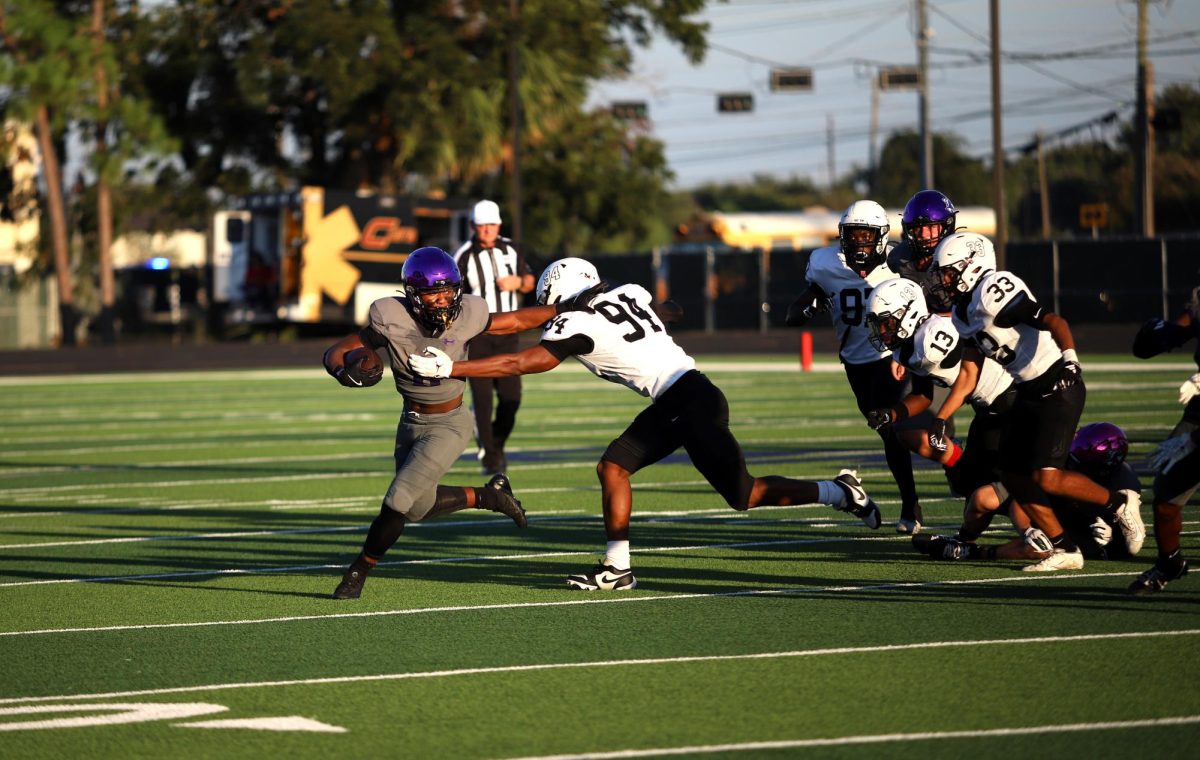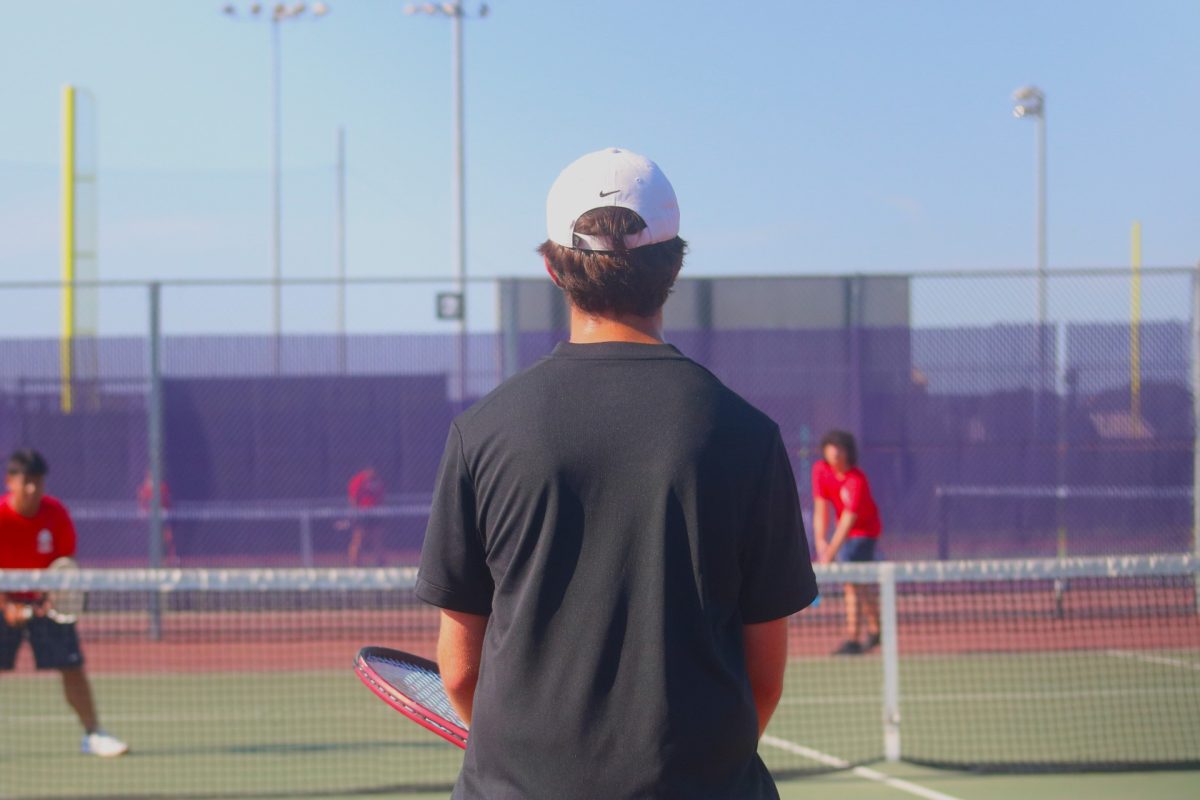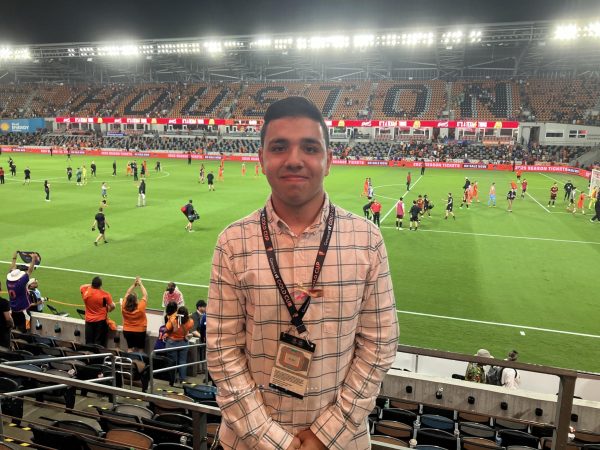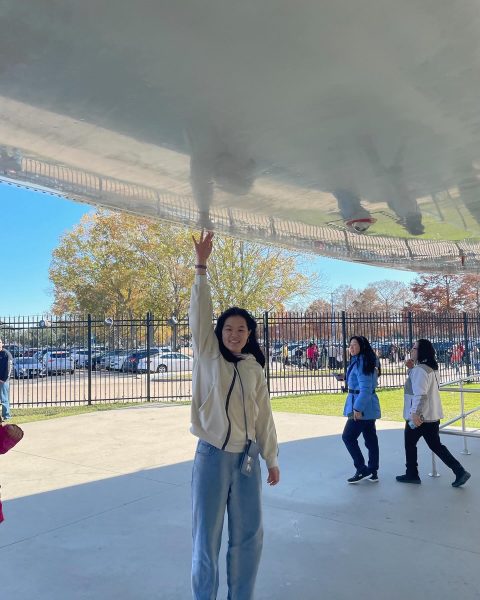The will of the people is an idea that the United States of America prides itself on, and society is reminded of that every four years when the presidential elections kick off. For many Fulshear High School seniors, the 2024 presidential election will be their first chance to help decide the direction that this country is going.
“Democracy requires participation, so in order for our political system to function
correctly, people need to be actively engaged, and voter participation is the easiest,
simplest, and most effective way to (do that),” Fulshear High School voting coordinator Philip Baker said.
With the rapid expansion of social media, today’s young people know more than ever before about the current state of American politics. This factor has led both political parties to take a very similar approach to reaching young voters.
“A number of politicians have begun to utilize social media, which is obviously geared toward younger generations,” Baker said. “That has galvanized the youth to participate a little bit more, so I think we’re making significant strides when you look at voter turnout over the last
20 years.”
Despite an increase in youth voter turnout for presidential elections, only a fraction of those voters go to the ballot box during local and midterm elections.
“The reality is there are some other things that probably need to happen at the actual
governmental level to help get more people involved,” Baker said. “(The) government needs to be more transparent. They need to be a little bit more open about when their elections are, who’s actually running, (and) provide access to information on local elections that people generally don’t have unless they’re actively seeking it out.”
Despite an increase in turnout, it is still a well-known reality that a sizable chunk of eligible young voters don’t express their right to do so. This trend can be correlated with the idea that many politicians are distant from voters in issues that they care about. However, this isn’t always the case.
“A lot of students will say, ‘well, I don’t care about anything political,’ which just obviously is untrue; they just might not realize things they care about are political,” Allison Rogers, an AP Government teacher, said. “There’s so many different ways that issues that kids care about are political. Look at TikTok, for example. That’s something that most of my students are obsessed with (and) spend most of their time scrolling through. Members of Congress, for example, (could vote) on legislation that could possibly affect TikTok and how you use it. Kids care about politics, they just don’t know that they care about politics.”
Although the deadline to register to vote in November was Monday, October 7, students can still decide to register for local elections in the near future.
“Even if you choose not to vote, there’s no downside to being registered,” Baker said.”The problem is if you decide late that you want to vote and you’re not registered, it’s too late.”
For more details regarding voting registration, students can go to Philip Baker’s classroom labeled 1327.


